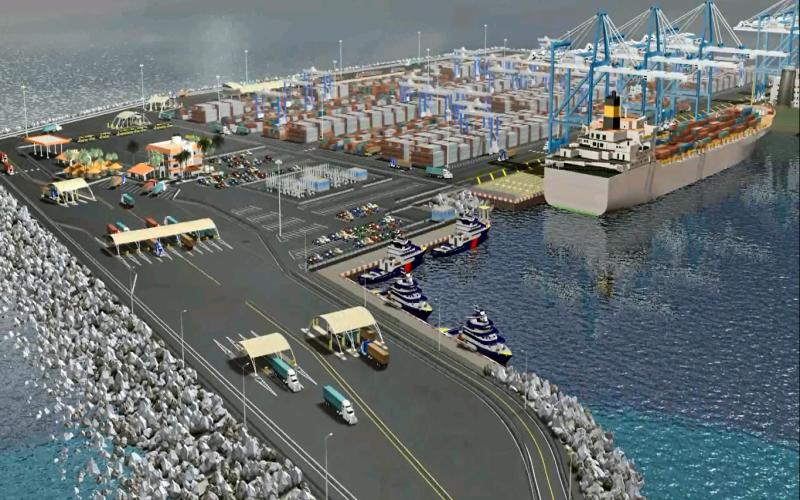Costa Rica News – The Administración Portuaria y de Desarrollo Económico de la Vertiente Atlántica (Japdeva), operator of the port of Limon in Costa Rica, is seeking to diversify its business focusing on conventional cargo handling, in order to compensate for the losses it will face when the Terminal de Contenedores de Moín (TCM) – APM Terminals container port – comes into operation in February 2019.
Japdeva faces an unprecedented challenge.
According to Japdeva, only in the first year of operation, the TCM, concessioned to the Dutch firm APM Terminals, will assume 700,000 of the 1.2 million containers that pass through the ports of Japdeva every year.
As the years progress, the new terminal will increase the number of containers mobilized until it takes on the totality of this type of cargo.
Under this scenario, the Japdeva port will only handle conventional loads, that is, all those goods that do not travel in containers, such as iron, construction materials, gas and vehicles, among others. This type of product represents approximately five million tons per year.
Today, Japdeva mobilizes 12 million tons per year between containers and conventional cargo.
José Aponte, Japdeva port manager, explained to Nacion.com that “… the goal is to specialize in the handling of conventional cargo to finance their operations and thus sustain the largest number of employees possible.”
Serving as port of departure for more Nicaraguan exporters and transporting more iron and vehicles are two of the objectives that make up the strategy envisioned by Japdeva.
Another possibility that Japdeva is considering is to transform the port terminal located in the center of Limón. “… The idea is to turn it into an exclusive port for cruises and raise the number of tourists arriving in Limón.”
“The intention is to guarantee the permanence of Japdeva as the institution that continues to be the great benefactor of the Costa Rican Caribbean,” said the port manager.
At present, the entity has 1,290 employees. In 2014, the figure was almost 1,500 workers, but to reduce expenses they have eliminated the positions through attrition.
From QCostaRica

